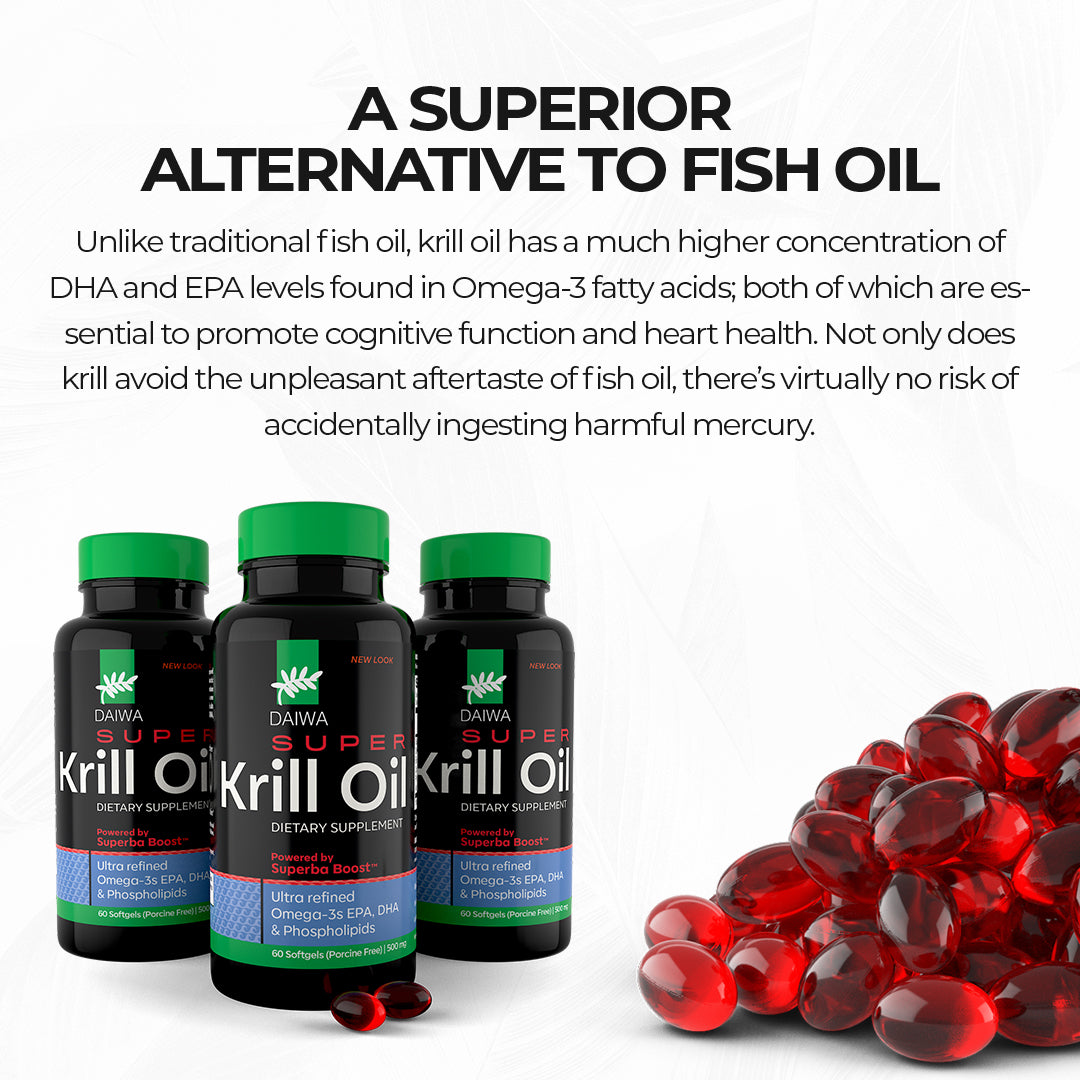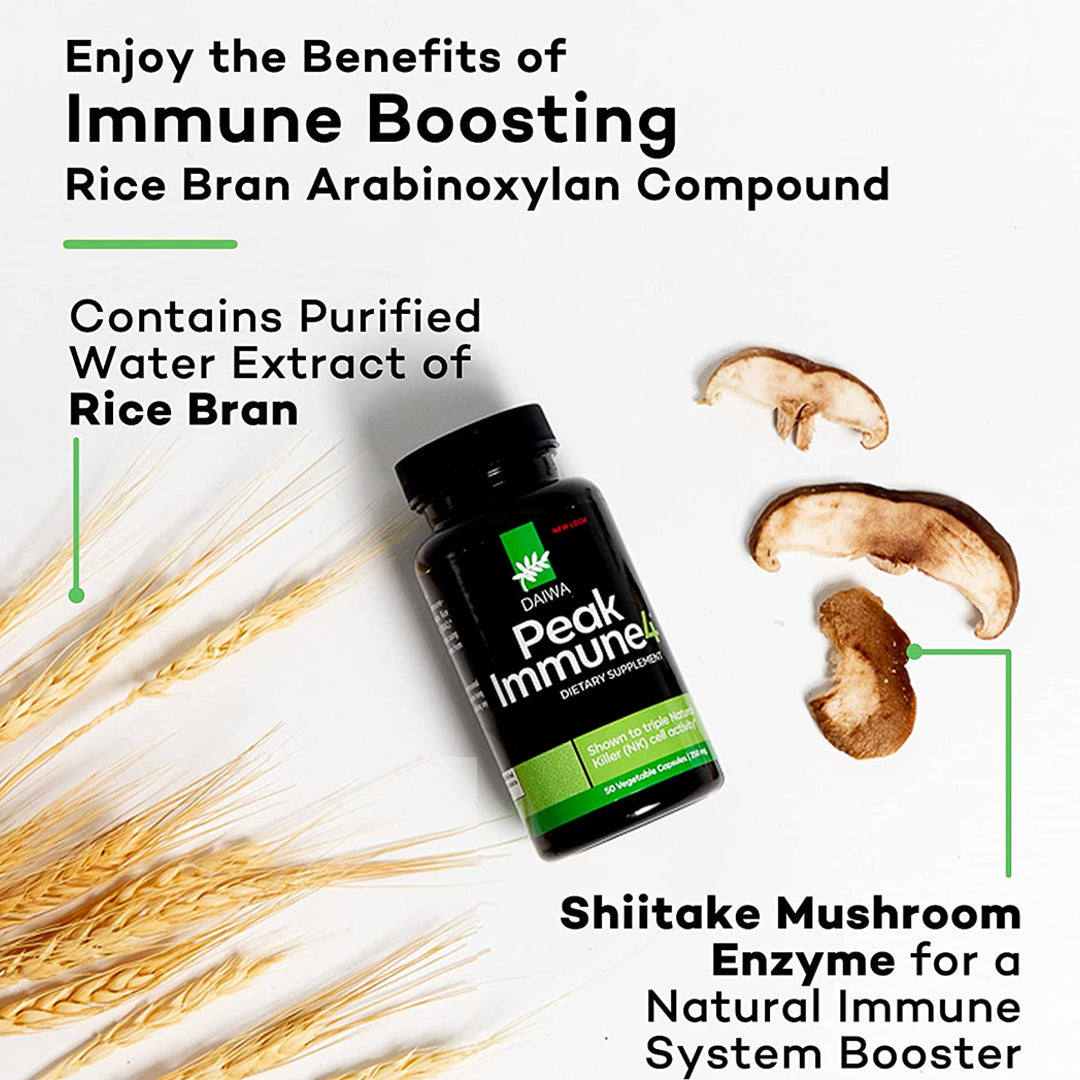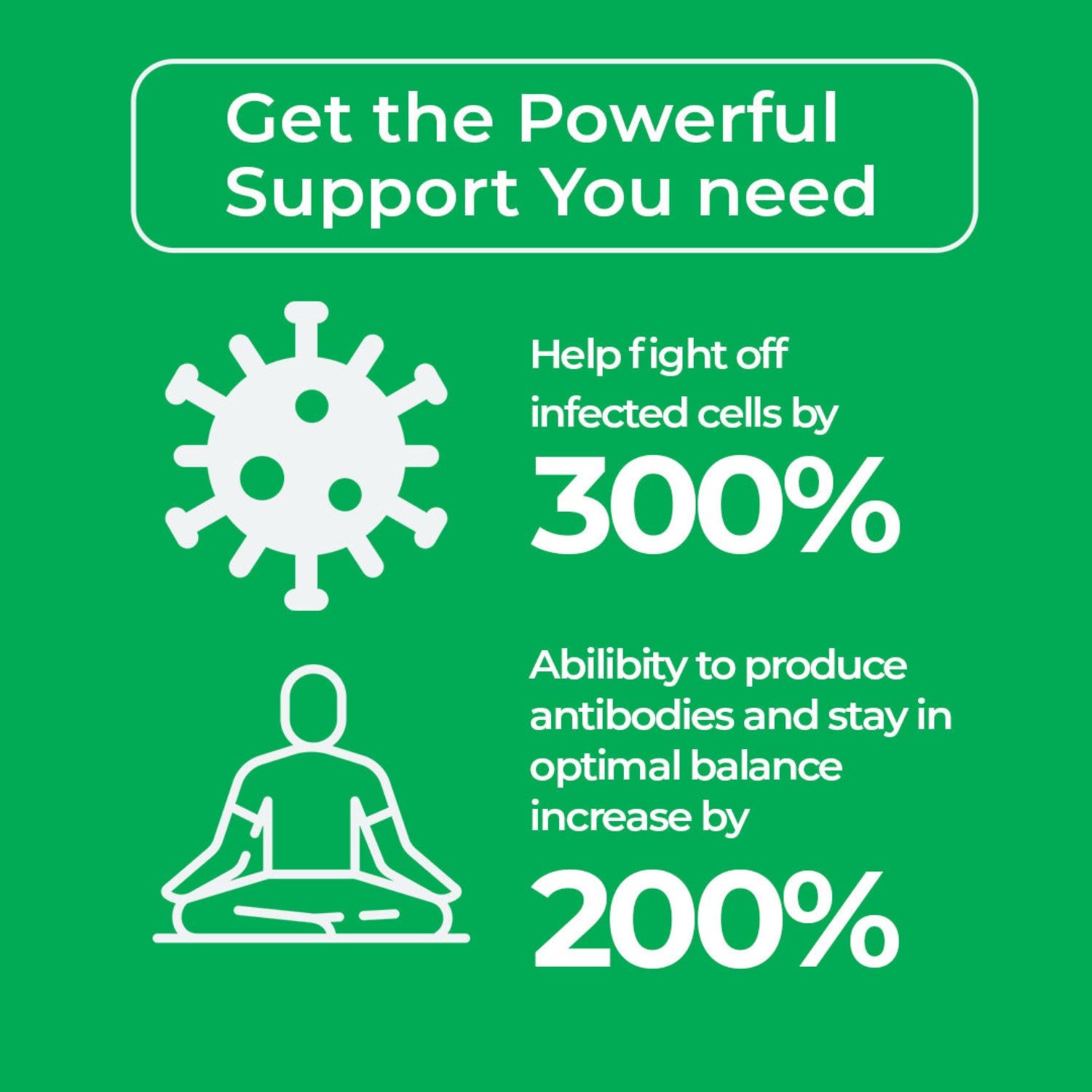Alzheimer's disease stands as one of the most daunting challenges facing aging populations worldwide, with its impact growing steadily due to longer lifespans and shifting demographics. At Daiwa Health Development, we prioritize brain health through targeted supplements that draw on natural ingredients to support cognitive function and overall well-being. Understanding the prevalence of Alzheimer's disease is crucial for public health planning and individual proactive measures. This condition, which progressively impairs memory and thinking, affects millions, and its rates continue to climb as the world population ages.
The prevalence of Alzheimer's disease varies by region, age group, and socioeconomic factors, but global trends show a marked increase over recent decades. In the United States alone, an estimated 7.2 million Americans aged 65 and older live with Alzheimer's dementia today, representing about 1 in 9 people in that age group. Worldwide, dementia affects over 57 million individuals, with Alzheimer's disease accounting for 60 to 70 percent of those cases, making it the most common form of dementia.
What Is Alzheimer's Disease?
Alzheimer's disease is a type of neurological condition that proceeds when the brain cells die, resulting in the loss of memory and cognitive abilities. Alzheimer's disease progresses with a condition called dementia. It starts as a result of brain injuries or diseases that produce adverse effects on memory, thinking, and behavior. Without these abilities, life would be so difficult definitely!

The main target of Alzheimer's disease or dementia is that it starts accumulating two types of proteins in the brain cells i.e., tangles (tau) and plaques (amyloid-beta). By doing so, it kills brain cells and makes people crippled with their life. The early symptoms of Alzheimer's disease are memory loss, speech or language problems, and impulsive behavior. As the symptoms start worsening, people start having problems remembering recent events, recognizing people, and reasoning and questioning.
According to the Alzheimer's Association, Alzheimer's disease is accompanied by 60 to 80 percent dementia. It is the leading cause of dementia, and its prevalence underscores the need for early intervention in health care. In functional medicine, we view Alzheimer's disease not just as a brain issue but as a systemic imbalance, where inflammation, oxidative stress, and nutrient deficiencies play key roles in disease progression.
At What Age Does Alzheimer's Disease Start?
It is common for the elderly aged 65 or above. But sometimes it attacks middle-aged people as well, making itself a not-so elderly disease. People in their 40s or 50s may also develop this condition. If it happens so, it is called the early onset of Alzheimer's disease.
It's been stated that Alzheimer's disease affects 200,000 US adults who are below the age of 65 years. Scientists are still trying to figure it out, but they haven't succeeded yet. It may be because of certain rare genes that are prominent among such people. The prevalence of Alzheimer's disease increases dramatically with age: about 5 percent of those aged 65 to 74, 13 percent aged 75 to 84, and 33 percent aged 85 and older have Alzheimer's dementia.
In younger age groups, early-onset cases highlight the importance of genetic screening and lifestyle modifications. From a functional medicine perspective, early signs like mild cognitive impairment can often be addressed through personalized health care strategies, potentially delaying disease progression.
What Happens to the Brain in Alzheimer's Disease?
Alzheimer's disease is a complex disease of the brain. Many factors contribute to its onset and progression. Some factors like age and genetics are not in your control. Let's dig deep to know what these accumulated proteins do to the brain.
- Amyloid plaque formation prevents communication within the brain cells.
- Tau proteins in AD becomes tangled and so the nutrients can’t get transported. Eventually, brain cells die.
- AD interrupts cell signal transmission as a result of which the brain fails to proceed with messages. So, the person cannot learn, remember, and communicate.
- AD also affects neurotransmitters (brain’s chemicals).
- Microglia is a type of cell involves in immune responses. They start taking beta-amyloid plaque as cell injury, thus causing inflammation.
- In advanced cases, AD shrinks the surface layer of the cerebrum, interfering with the brain’s cognitive functions. it also affects the hippocampus that involves in memory.
These changes lead to widespread cognitive decline, emphasizing why Alzheimer's disease facts and figures show it as the seventh leading cause of death in many countries. Functional medicine insights reveal that supporting mitochondrial health and reducing neuroinflammation can mitigate some of these effects, offering hope beyond conventional treatments.
Why Is Alzheimer's Disease Becoming More Prevalent?
The prevalence of Alzheimer's disease is rising due to several interconnected factors. Primarily, the aging world population plays a central role; as life expectancy increases, more individuals reach the age groups where Alzheimer's dementia is most common. Population growth in low-income countries and middle-income countries exacerbates this decline in brain health, with projections indicating that by 2050, 71 percent of people living with dementia will reside in these regions.
Improved diagnostic criteria and early diagnosis contribute to higher reported rates, as more cases are identified through advanced medical records and screening. Risk factors such as heart disease, diabetes, obesity, and hypertension—often linked to modern lifestyles—are on the rise, increasing the global burden of Alzheimer's disease and other dementias. For instance, systematic reviews show that vascular dementia, often co-occurring with Alzheimer's, stems from these cardiovascular issues.
Previous studies indicate that dementia increased by over 160 percent globally from 1990 to 2021, driven by these trends. In high-income countries like those in Western Europe, while rates are stabilizing due to better public health measures, the overall economic impact continues to grow. Alzheimer's disease facts highlight that without medical breakthroughs, the number of people affected could triple by 2050.
From our expertise in functional medicine, we observe that environmental toxins, chronic stress, and poor gut health accelerate cognitive decline, making proactive supplementation a key strategy in health care for at-risk populations.
Global Prevalence of Alzheimer's Disease
The global prevalence of Alzheimer's disease reveals stark disparities across regions. In 2021, 57 million people worldwide lived with dementia, with Alzheimer's disease comprising the majority. The World Alzheimer Report projects this to reach 139 million by 2050, driven by rapid increases in low-income countries and middle-income countries.
Where is Alzheimer's most common in the world? By sheer numbers, over 60 percent of dementia cases occur in low-income countries and middle-income countries, with Asia and Africa seeing the fastest growth due to population growth and aging. In terms of rates per 100,000, Japan reports the highest at 2,637, followed by other developed nations like Finland and the United Kingdom, where Alzheimer's is a leading cause of death.
Conversely, which country has the lowest rate of Alzheimer's disease? Rural areas in India show some of the lowest validated rates, with prevalence as low as 0.62 percent among those aged 55 and older. Indigenous groups in the Amazon, such as those in Bolivia, also exhibit remarkably low dementia worldwide rates, attributed to active lifestyles, plant-based diets, and low exposure to Western risk factors.
Dementia worldwide affects different populations variably; in high-income countries, better health care may delay onset, but the global burden remains heavy on families and systems.
What Percentage of People Get Alzheimer's Disease?
Globally, the percentage of people who develop Alzheimer's disease rises sharply with age. About 1 in 9 individuals aged 65 and older—11 percent—have Alzheimer's dementia. The break down is 5 percent for ages 65 to 74, 13 percent for 75 to 84, and 33 percent for those 85 and older.
In the United States, over 7 million Americans live with the condition, with older adults at higher risk. Worldwide, with 57 million dementia cases, and Alzheimer's as the common form, roughly 1 percent of the total world population is affected, but this increase climbs in older age groups. Women face an increased risk, comprising nearly two-thirds of cases, partly due to longer lifespans.
These Alzheimer's disease facts and figures from the Alzheimer's Association underscore the need for public health initiatives to address developing dementia in vulnerable populations.
Risk Factors for Alzheimer's Disease
Risk factors for Alzheimer's disease include advancing age, genetics, and lifestyle elements. Increasing age is the strongest, with the disease rarely affecting young adults but surging in older adults. Family history raises higher risk, especially with rare genes linked to early-onset cases.
Heart disease, high blood pressure, diabetes, and obesity amplify vulnerability, as they contribute to vascular dementia and mixed dementias. Smoking, physical inactivity, and poor diet further elevate chances. Mild cognitive impairment often precedes Alzheimer's dementia, serving as a warning sign.
Other forms like Lewy bodies dementia share overlaps, but Alzheimer's remains the leading cause. In functional medicine, we target modifiable risk factors through holistic health care, emphasizing inflammation management protocols to reduce disease progression.
The Impact on Caregivers and Society
Dementia caregivers, including family caregivers and other unpaid caregivers, bear a tremendous load. In the U.S., nearly 12 million provide unpaid care, totaling over 19 billion hours annually, valued at $413 billion. Dementia care costs escalate, with long-term care payments reaching $384 billion in 2025.
Family members often juggle roles, with one-quarter being sandwich generation caregivers. The emotional and financial strain on dementia caregivers is double that of other conditions. Public health systems face mounting pressure, as Medicare beneficiaries with Alzheimer's incur three times higher costs.
The economic impact of Alzheimer's disease and other dementias is profound, projected to hit $1 trillion by 2050. Plan ahead for dementia care to alleviate burdens on families and society.
Alzheimer's Disease as a Leading Cause of Death
Alzheimer's disease ranks as the seventh leading cause of death globally and the sixth leading cause in the U.S. among older adults. Deaths from Alzheimer's have more than doubled since 2000, outpacing declines in heart disease fatalities.
Compared to breast cancer and prostate cancer, Alzheimer's claims more lives annually. The National Cancer Institute notes that while cancer rates fluctuate, Alzheimer's steady rise as a leading cause demands urgent attention in health care.
Special reports from Alzheimers Dement journal highlight comorbidities like heart disease that accelerate mortality in dementia patients.
Early Detection and Diagnosis
Early diagnosis transforms outcomes for those with Alzheimer's disease. Recognizing mild cognitive impairment allows for interventions that slow cognitive decline. Diagnostic criteria evolve, incorporating biomarkers and imaging for accuracy.
For more details, see PEAKIMMUNE4® 250mg. For more details, see heart & circulation supplements. For more details, see brain health supplements. For more details, see Inflammation Support Bundle. For more details, see DAIWA KRILL OIL.In health care settings, routine screenings for older adults can identify at-risk individuals. The Alzheimer's Association advocates for awareness to facilitate timely dementia care.
Demographic Variations in Prevalence
The prevalence of Alzheimer's disease differs by age group and ethnicity. Older Black Americans face twice the risk of Whites, while Hispanics have 1.5 times higher rates. Women predominate in cases, linked to longevity.
In younger age groups, early-onset affects 200,000 Americans under 65, often genetically driven. Person living with dementia in diverse communities require tailored support.
Projections for Future Prevalence
Without breakthroughs, the prevalence of Alzheimer's disease will surge. By 2050, 12.7 million Americans and 139 million globally may have dementia. Low-income countries will see the sharpest rises due to population growth.
Alzheimer's Dementia projections warn of strained health care systems unless preventive measures advance.
Addressing the Global Burden
The global burden of Alzheimer's disease encompasses health, economic, and social dimensions. In middle-income countries, rapid dementia increased strains resources. High-income countries invest in research, but equity gaps persist.
Public health strategies must prioritize prevention to curb the rise in people with dementia.
Natural Remedies for Alzheimer's Disease
Unfortunately, there is no cure for Alzheimer's disease. Your doctor may start a treatment protocol to make the symptoms less worsening and to slow down the progression of the disease. Apart from medical treatment, the patient should get natural remedies as well, to get the most benefit out of the things that decrease the progression of AD.
1. Sage is a spice that has a pungent scent. A study published in 2017 depicting that sage contains compounds that can improve neurological and cognitive functions in AD patients.
2. Turmeric is filled with a compound called curcumin. It has inflammation management and antioxidant activity. Turmeric protects the brain cells by clearing off beta-amyloid plaques.
3. The use of Ginkgo is also beneficial in AD. It can improve cognitive function because of its ability to improve blood flow to the brain. Research suggests that it boost the decreasing cognitive function of patients experiencing dementia, cognitive impairment along with other neuropsychiatric symptoms like depression.
4. Ashwagandha helps the AD brain by decreasing oxidative stress. In preliminary studies, it also decreases the chances of beta-amyloid plaques formation.
5. Ginseng is also a popular herb that gives off its inflammation management chemicals ginsenosides. It also reduces beta-amyloid accumulation.
6. Gotu Kola boosts the mental state of the brain by decreasing oxidative stress. Many animal studies resulted that Gotu kola can inhibit AD-related oxidative stress and cognitive decline.
7. Besides treating anxiety and insomnia, lemon balm can also boost cognitive function.
The herbs and spices should be taken in a small amount, and they must be pure. Otherwise, they may pose plenty of side effects. At Daiwa Health Development, our supplements harness these natural elements, like adaptogens and antioxidants, in precise formulations to support brain health and potentially reduce risk factors for Alzheimer's disease—consider incorporating them into your routine for optimal cognitive support.
Proactive Neuroprotection Matters
Cognitive decline begins decades before the first symptom appears. Daiwa Brain Health® combines targeted nutrients clinically studied for supporting memory, mental clarity, and long-term cognitive function — before damage compounds.
Learn MoreUnique Insights from Functional Medicine
In functional medicine, we approach Alzheimer's disease holistically, recognizing that gut-brain axis disruptions contribute to inflammation and plaque buildup. Supplementation with omega-3s, B vitamins, and polyphenols can address deficiencies often overlooked in standard care.
Personalized protocols targeting hormone balance and detoxification offer teachable moments: what seems like an inevitable decline can become an opportunity for empowerment through lifestyle tweaks.
Does the Food We Eat Help Prevent Alzheimer's Disease?
Eating healthy foods is a way of protecting your brain and decreasing inflammation. It means foods have a role in stabilizing Alzheimer's disease.
Keep a check on how many sugary foods and refined carbs you are taking in. Excessive consumption of white flour, white rice, and pasta can abnormally raise your blood sugar level and can inflame your brain. The same is the case with cheese, fried foods, butter, and margarine.
Eating vegetables, especially green leafy vegetables like kale, spinach, broccoli, collards are rich in vitamin A and C. They boost brain health and reduce the risk of AD.
Nuts are rich in healthy fats, fibers, and antioxidants. They prevent the body from storing bad cholesterol and boost the overall health of the brain and heart.
Fruits like berries and strawberries have protective antioxidants and vitamins that help in improving cognitive functions and reducing the chances of AD.
If people start consuming olive oil as their primary oil in homes, they will protect themselves from cognitive decline.
Omega-3 fats found in cold-water fish are the best way to boost the brain’s functions, decreasing the onset of dementia and AD by reducing beta-amyloid plaques.
Even after all such healthy foods, you should maintain a healthy weight, otherwise, AD and dementia would result, and you may fail to protect your brain. Functional medicine emphasizes inflammation management diets like Mediterranean patterns, which align with low dementia rates in certain regions.
3 Pro Tips for Brain Health Maintenance
-
Pro Tip: Incorporate daily physical activity to enhance blood flow and reduce risk factors like heart disease—aim for 150 minutes weekly.
-
Pro Tip: Prioritize sleep hygiene, as poor rest accelerates cognitive decline; target 7-9 hours nightly.
-
Pro Tip: Engage in mental stimulation through puzzles or learning to build cognitive reserve against mild cognitive impairment.
The Role of Supplements in Prevention
Supplements bridge nutritional gaps that exacerbate Alzheimer's disease risk. Antioxidants combat oxidative stress, while adaptogens support stress response, key in early-stage management.
Our expertise shows that consistent use can modulate inflammation, offering a proactive layer in dementia care.
Challenges in Dementia Care
Dementia patients require comprehensive support, from medical to emotional. Informal care by family members is vital, yet exhausting. Health care systems must evolve to handle rising dementia cases.
Other unpaid caregivers provide billions in value, but need resources to sustain their roles.
Economic and Social Implications
Total payments for dementia care hit hundreds of billions, straining economies. The special report on Alzheimers Dement details how this impacts Medicare beneficiaries and families.
Societal shifts toward better support for living with dementia are essential.
Advancing Research and Hope
Ongoing research in Alzheimers Dement explores new therapies. Medical breakthroughs could alter trajectories, reducing the seventh leading cause of mortality.
Public health campaigns promote awareness, encouraging early intervention.
Community Support for Those Affected
Communities play a role in supporting people affected by Alzheimer's. Resources from the Alzheimer's Association aid navigation of care.
Building networks eases isolation for dementia caregivers.
Preventive Strategies for At-Risk Groups
For those with higher risk, like older adults, targeted health care prevents escalation. Monitoring blood pressure and cholesterol mitigates vascular contributions.
Genetic counseling informs family members of potential risks.
Integrating Functional Medicine Approaches
Functional medicine offers unique insights, treating the whole person to curb disease progression. Detoxification and nutrient optimization turn potential cons—like genetic predispositions—into opportunities for resilience.
Pros and Cons of Lifestyle Interventions
Pros: Regular exercise lowers inflammation and boosts mood, directly countering risk factors.
Cons: Initial barriers like time constraints can deter adoption, but viewing them as teachable moments encourages gradual integration for long-term benefits.
Pros: Mindful eating prevents weight gain and supports brain health.
Cons: Dietary shifts may feel restrictive, yet they become empowering habits that reduce reliance on medications.
Future Outlook on Prevalence
As the world develops dementia at accelerating rates, proactive measures are imperative. The prevalence of Alzheimer's disease demands global action.
By 2050, millions more will need care, underscoring urgency.
Empowering Individuals Against Alzheimer's
Individuals can take charge by addressing modifiable risk factors. Regular check-ups and healthy habits fortify against cognitive decline.
Knowledge of Alzheimer's disease facts empowers better decisions.
★★★★★ Trusted by thousands of customers
Your Brain Doesn't Get a Second Chance
Daiwa Brain Health® delivers the neuroprotective nutrients your neurons need to maintain connections, reduce oxidative stress, and support long-term mental clarity. By the time you notice memory slipping, years of cellular damage have already occurred.
Shop Daiwa Brain Health®Free shipping on orders over $50 · 30-day guarantee
Conclusion: Taking Action Today
The rising prevalence of Alzheimer's disease calls for immediate, informed action in health care and personal wellness. With millions of Americans and global citizens affected, understanding risk factors, early signs, and preventive strategies is vital. As Daiwa Health Development, we offer supplements rooted in natural, science-backed ingredients to bolster brain resilience—explore our range to safeguard your cognitive future against this pervasive challenge.
References:
-
Authors: Melinda Smith, M.A., Lawrence Robinson, and Jeanne Segal, Ph.D., March 2021, “Preventing Alzheimer’s Disease and Dementia—or Slowing its Progress”
-
Medically reviewed by Seunggu Han, M.D., Written by Markus MacGill, September 22, 2020, “What to know about Alzheimer's disease”
-
Medically reviewed by Timothy J. Legg, Ph.D., CRNP, Written by Jaime Herndon, MS, MPH, MFA, May 25, 2019, “Everything You Need to Know About Alzheimer’s Disease”
-
“What can you do to avoid Alzheimer’s disease?”, Harvard Health Publishing, Harvard Medical School
-
Medically reviewed by Timothy J. Legg, Ph.D., CRNP, Written by Treacy Colbert, November 30, 2017, “What Does Alzheimer's Do to the Brain?”
-
Written by Cathy Wong, Medically reviewed by Caitilin Kelly, MD, February 03, 2020, “7 Best Herbs and Spices for Brain Health”
-
By Paula Cohen, March 30, 2015, CBS News, “The MIND diet: 10 foods that fight Alzheimer's (and 5 to avoid)”








Leave a comment
All comments are moderated before being published.
This site is protected by hCaptcha and the hCaptcha Privacy Policy and Terms of Service apply.